BOONE, N.C. — Children are learning how plants grow and where food comes from in a learning garden planted by Appalachian State University students at Appalachian’s Child Development Center.
In this outdoor classroom, children learn about nature, ecology and nutrition, as well as play in the dirt. They have planted seeds and counted the days until they sprout, and they have built a worm bin and watched food scraps decompose into compost.
“Research shows that if a child takes part in growing food he or she is more likely to try it and like it – such as kale, carrots, lettuce – so the learning garden also encourages healthy eating,” said Courtney Baines Smith, a doctoral student in educational leadership at Appalachian. A former instructor in the Department of Sustainable Development, she is researching how learning gardens can be used as a platform for sustainability education.
Baines Smith received $500 from the university’s Creating a Healthy, Just and Sustainable Society Student Research Projects grant initiative to help construct the garden.
Baines Smith and others have presented weekly activities this spring and summer with the children about how a garden functions. As the produce has ripened, they harvest it and have cooking lessons.
Creative designs
The garden has creative designs to help children learn. The “Tops and Bottoms” section grows carrots, beets, radishes and potatoes. The “Pea and Pole Bean Tunnel” provides a fun space for children to walk through. Each wedge of the “Pizza Garden” grows a different veggie pizza topping: tomatoes, onions, basil peppers, chives and zucchini. Corn, beans and squash grow together in a “Three Sisters” section.
Planning for the garden began in January. Support from the Child Development Center staff and parents, and students from the Department of Sustainable Development and the Sustainability and Environmental Education Club (SEEC) made its construction possible.
“When I was in school we had one and it had a big impact on me,” said Johanna Quinger, an international student from New Zealand who helped build the garden during spring semester. “It’s a really good idea. When you teach children like this, it helps them commune with the environment and they’ll be more conscious of it and take better care of it.”
Learning to care for the environment
Quinger was among several students in the Department of Sustainable Development who helped construct the garden. Understanding our connection with the natural world and ensuring its health for current and future generations is the focus of Appalachian’s Department of Sustainable Development.
“I hope the children pick up knowledge through the garden. My grandfather taught me how to garden and I like it,” said Carson James ’14 of Wilmington.
A sustainable development major, James wants to become a city planner or designer. He was attracted to Appalachian because of its degree program in sustainable development. “It’s something different and is something I can use right out of school,” he said.
J.T. Scherzer of Richmond, Va., also a sustainable development major, said the academic program has changed his world view. “I see the connection between human and natural systems. We are part of the environment,” he said, while preparing the ground for perennials and edible plants to be planted along the plot’s outer edge.
The Appalachian students hope the little ones take to the garden and sustainable living, too.
“It’s so inspiring to see this all come together,” said Baines Smith.
What do you think?
Share your feedback on this story.
About student research at Appalachian
Appalachian State University encourages faculty-mentored student research, which provides students with the opportunity to work side by side with faculty on meaningful research or creative endeavors. These projects often result in presentations, performances or exhibitions at regional, national and international conferences and events. Students who engage in research are able to apply knowledge from the classroom into real-world experiences and learn how to problem-solve, effectively communicate and analyze complex issues. Appalachian’s Office of Student Research (OSR) was established in 2005 to expand the opportunities necessary for undergraduate and graduate students to engage in research and creative activities at Appalachian. Learn more at https://osr.appstate.edu.
About the Goodnight Family Department of Sustainable Development
One of seven departments housed in the College of Fine and Applied Arts, the Goodnight Family Department of Sustainable Development at Appalachian State University prepares students to thoughtfully analyze human development while focusing on the applied practice of pursuing transformative, community-driven development and social change. It offers a Bachelor of Science degree in sustainable development with concentrations in agroecology and sustainable agriculture; community, regional and global development; and environmental studies; as well as a Bachelor of Arts and minor in sustainable development. Learn more at https://sd.appstate.edu.
About Appalachian State University
As a premier public institution, Appalachian State University prepares students to lead purposeful lives. App State is one of 17 campuses in the University of North Carolina System, with a national reputation for innovative teaching and opening access to a high-quality, cost-effective education. The university enrolls more than 21,000 students, has a low student-to-faculty ratio and offers more than 150 undergraduate and 80 graduate majors at its Boone and Hickory campuses and through App State Online. Learn more at https://www.appstate.edu.

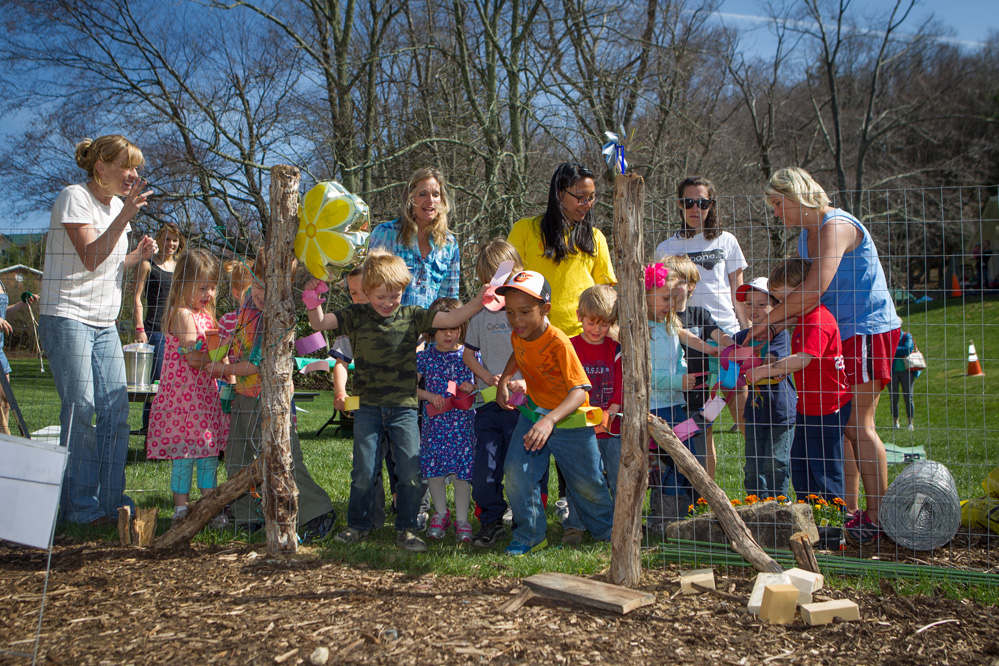
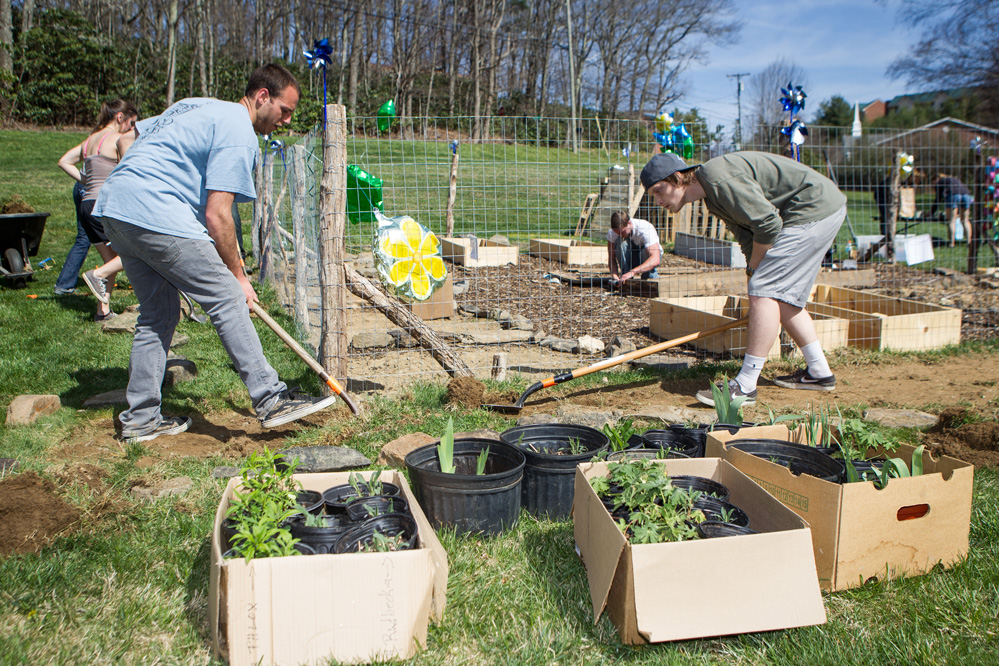
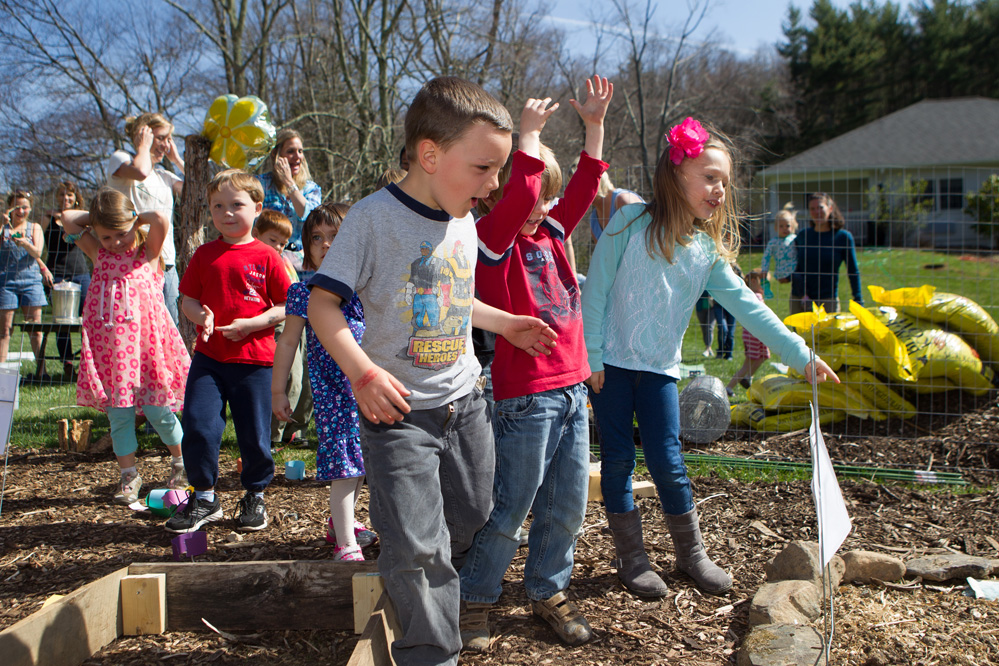
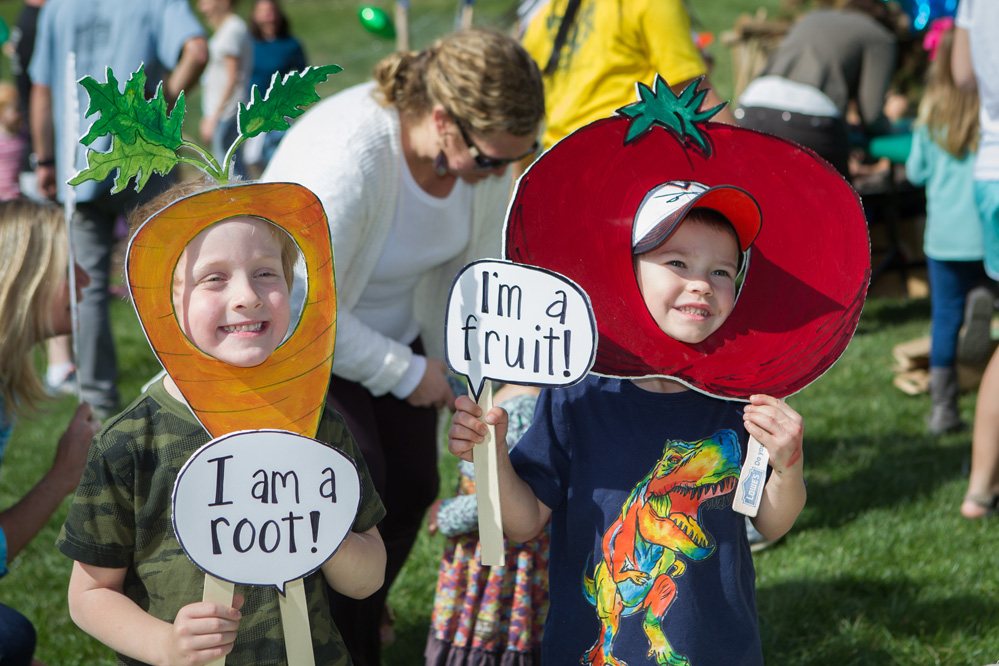
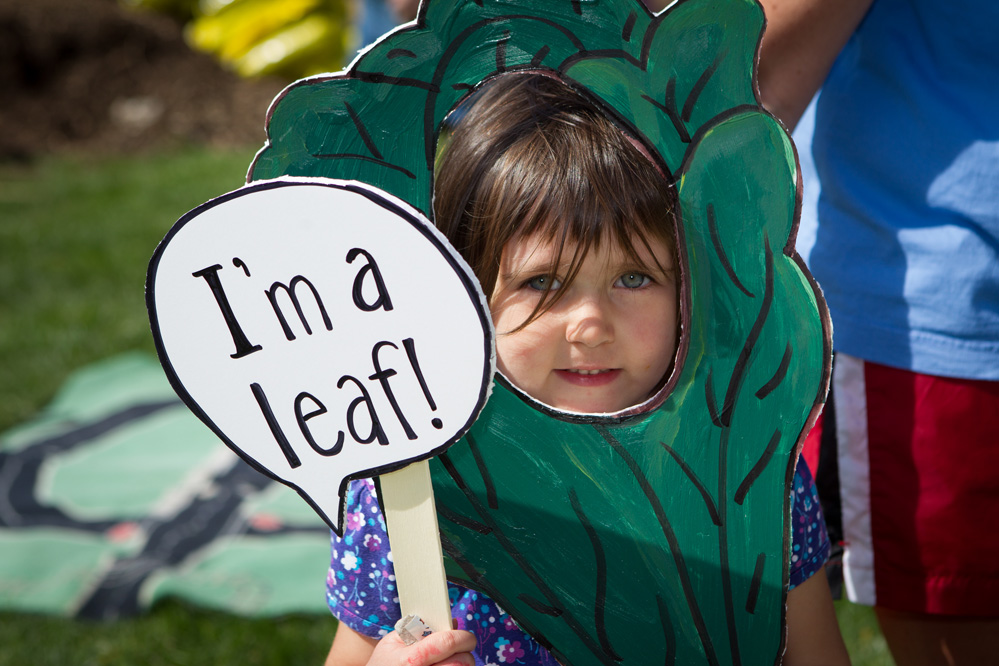
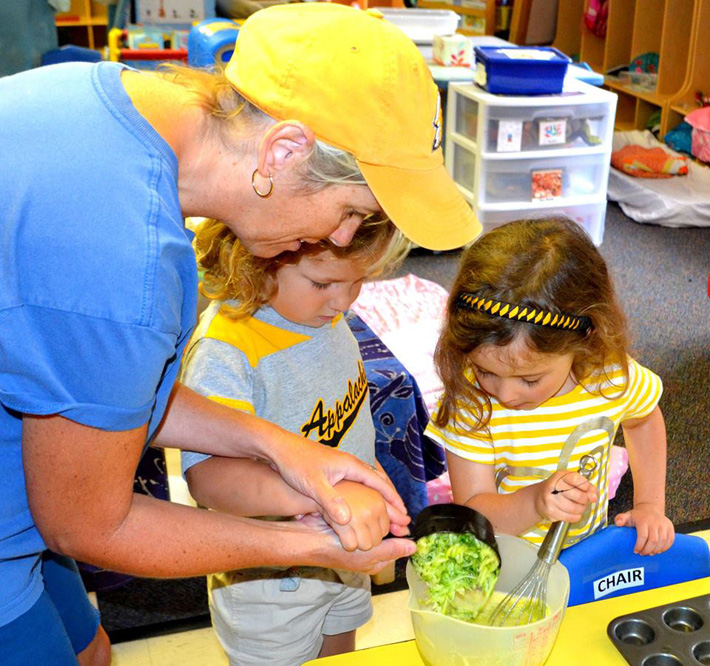
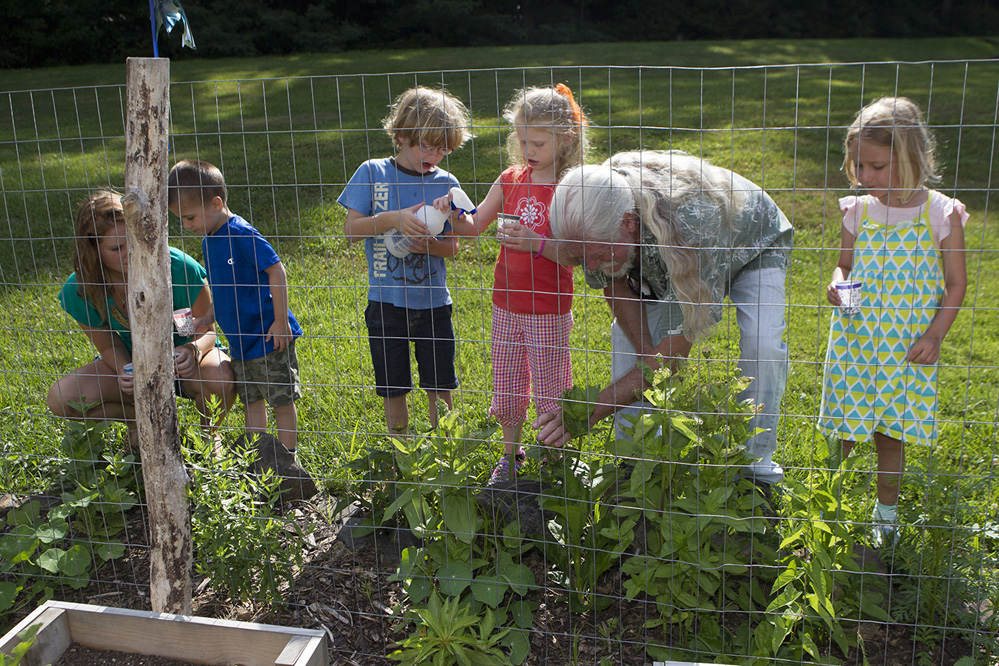







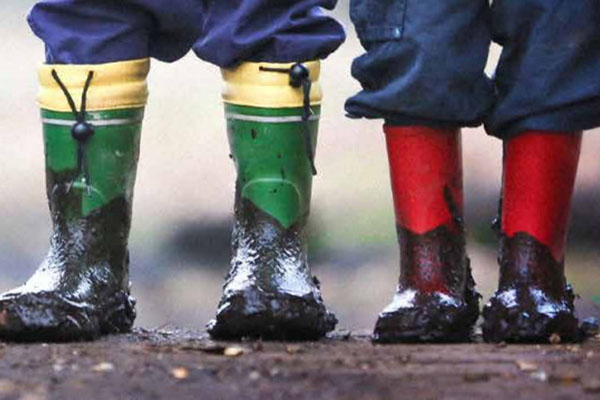
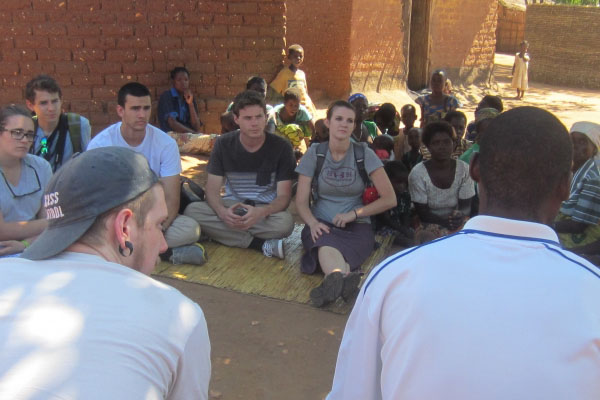




![How NCInnovation Is Rethinking Economic Development in North Carolina [faculty featured]](/_images/_posts/2026/02/rethinking-economic-development-600x400.jpg)






